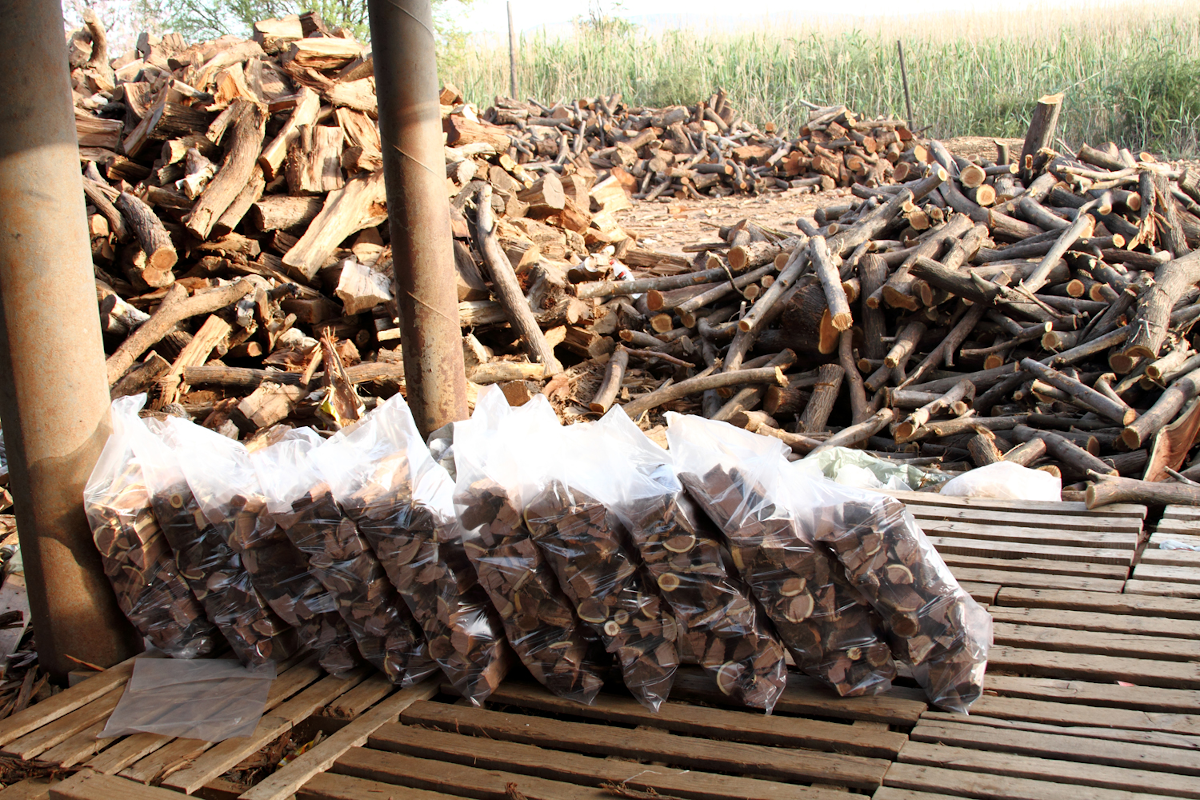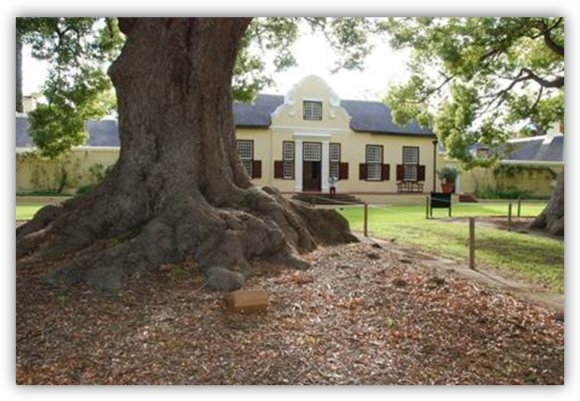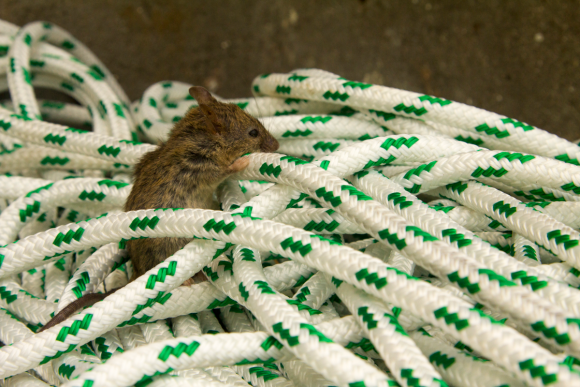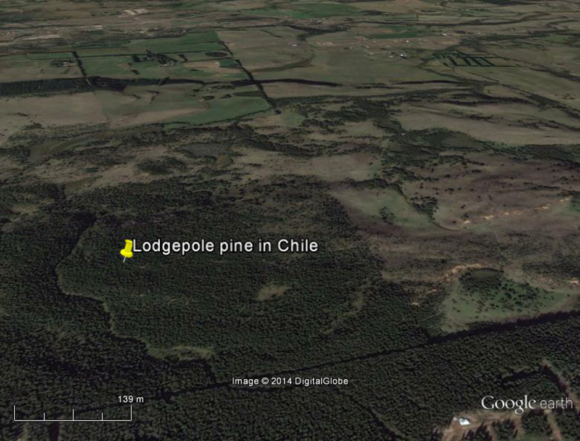Many invasive species provide both benefits and costs to society and the environment. These benefits include aesthetic values, but also provide resources such as timber, fuelwood, fodder and food. However, these invasive species can have costly consequences. For example, they reduce the supply of ecosystem services such as water and grazing, reduce native biodiversity and have negative impacts on local economies. Species that have both benefits of and costs can lead to conflicts of interest and have often hindered effective management.
A recently published study by C·I·B PhD student, Ross Shackleton, looked at one such conflict-species – Prosopis or mesquite. Interviews were conducted with several communities to compare the household use and perceptions of mesquite as compared to native trees.
Most households use both native trees and/or mesquite for fuelwood. However, the majority of stakeholders across ten communities in the Northern Cape still use native trees more than mesquite. This suggests that its direct use value for households is not as important as previously thought, and that native trees, that mesquite displaces, are still more important in the area. This was because fuelwood from native trees was seen as being of a better quality. The reasons for stakeholders to prefer native trees include: coals from native trees are longer lasting; wet mesquite wood gives off odorous smoke; large thorns make it difficult to harvest mesquite; and dried mesquite wood is particularly susceptible to a borer beetle which turns it into pulp faster than in wood from native species. The study further found that the reliance on both native trees and mesquite is decreasing as the electrification of towns increase.
“This study showed that the impacts of mesquite exceed the benefits, and that conflicts of interest surrounding mesquite are not as high as previously thought. The improved management of mesquite, for example, through biological control agents, needs to be implemented to reduce the costs of invasion and possibly improve benefits” explains Ross Shackleton.
Read the paper
For more information, contact Ross Shackleton at rosss@sun.ac.za




